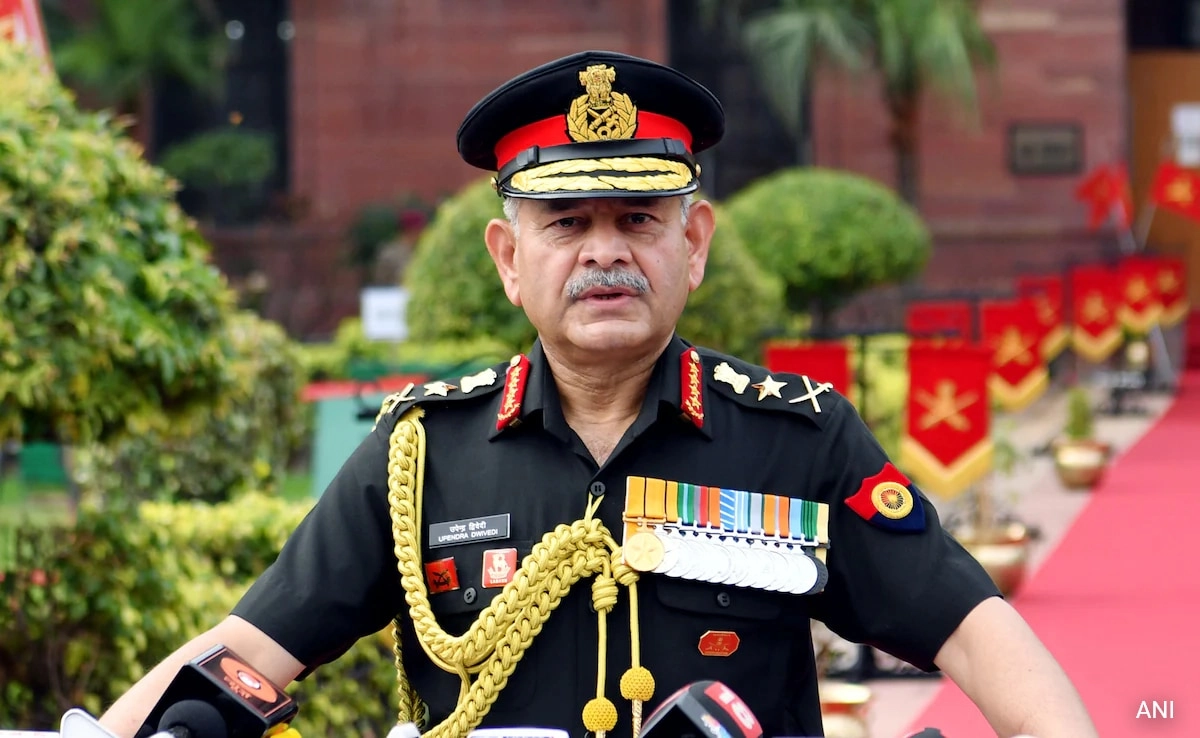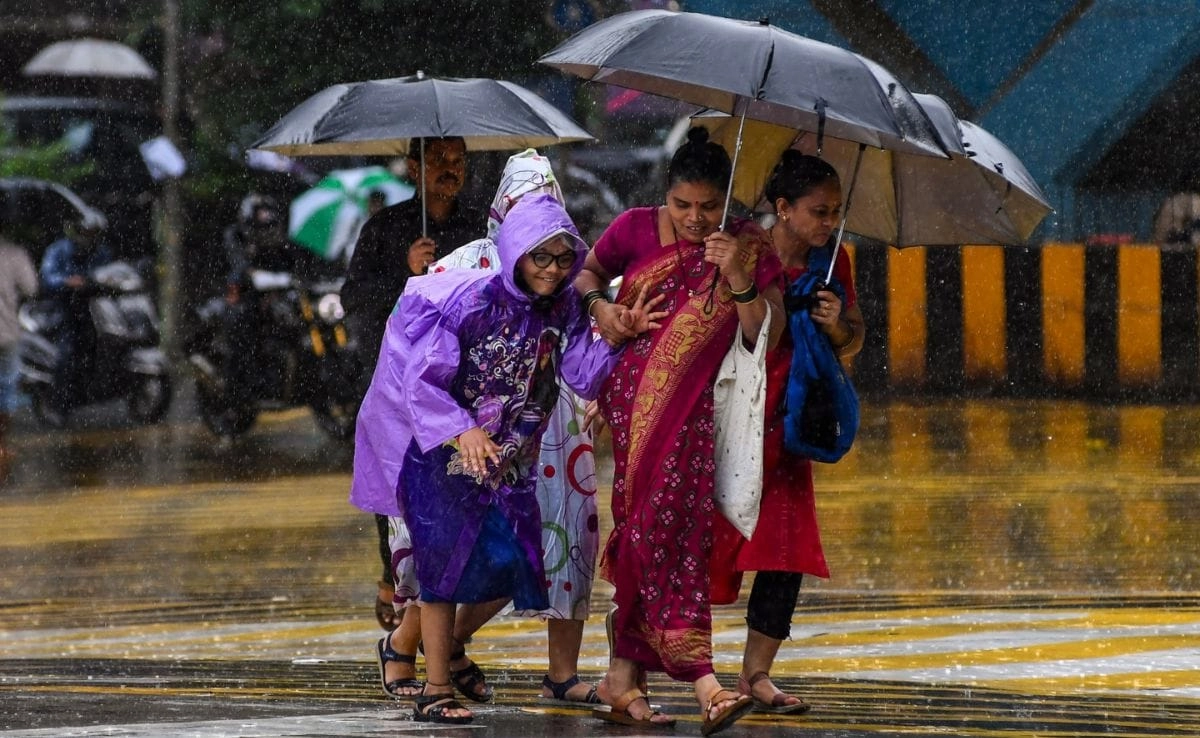In a recent statement that has sparked considerable controversy, the son of Karnataka’s Chief Minister compared the Rashtriya Swayamsevak Sangh (RSS) to the Taliban, suggesting that both organizations share a similar mindset. This provocative analogy has ignited a debate on the implications of such comparisons in the context of Indian politics. The Chief Minister’s son, whose comments were made during a public address, highlighted what he perceives as an extremist ideology within the RSS, drawing parallels to the rigid and fundamentalist approach attributed to the Taliban.
The RSS, a Hindu nationalist organization, has long been a subject of scrutiny and criticism from various political factions, particularly those on the left. Critics argue that its agenda promotes a form of cultural hegemony that undermines India’s secular fabric. By likening the RSS to the Taliban, the Chief Minister’s son is not only challenging the organization’s ideological foundations but also questioning its influence on Indian society and politics. This comparison has the potential to resonate with those who view the RSS through a critical lens, further polarizing the already contentious political landscape in the country.
Supporters of the RSS, however, have vehemently rejected this comparison, asserting that it is an unfair and exaggerated characterization. They argue that the Taliban represents a radical, militant interpretation of Islam, while the RSS operates within the framework of Indian democracy, advocating for the rights and recognition of Hindus in a diverse country. The backlash from RSS supporters highlights the sensitivities surrounding discussions of ideology and identity in India, where communal tensions often simmer beneath the surface. This incident serves as a reminder of the deeply entrenched divisions that exist within Indian society, particularly along religious and cultural lines.
As political leaders continue to engage in heated rhetoric, the implications of such comparisons go beyond mere political strategy; they reflect broader societal attitudes towards nationalism, secularism, and religious identity. The Chief Minister’s son’s remarks may resonate with a segment of the population that feels threatened by the rise of Hindu nationalism. Still, they also risk alienating those who view the RSS as a legitimate expression of cultural pride. As the political climate remains volatile, the discourse surrounding organizations like the RSS will likely continue to evolve, shaping the future of Indian politics and society.




